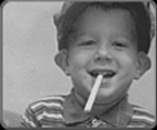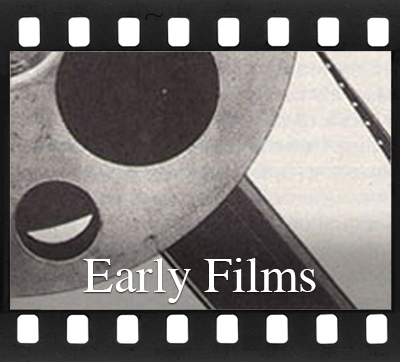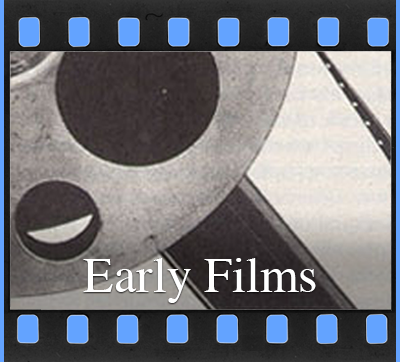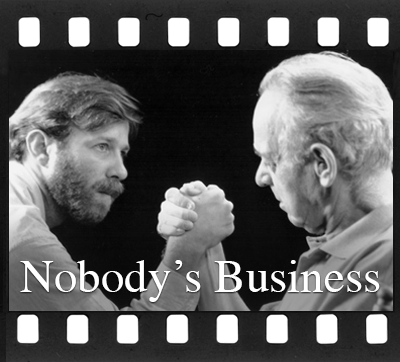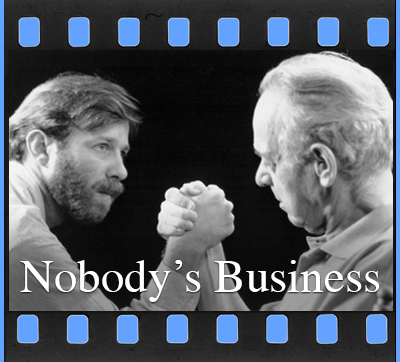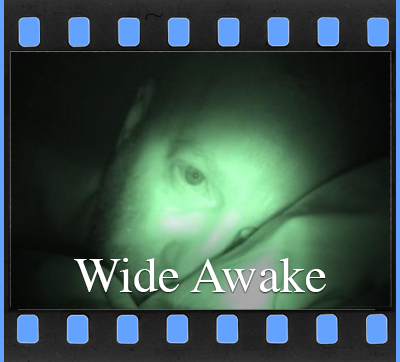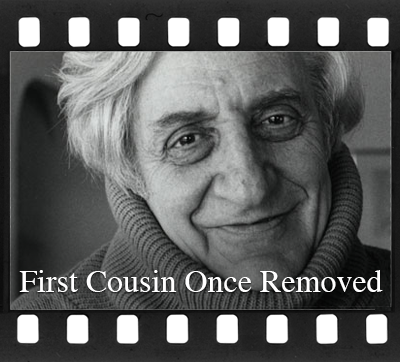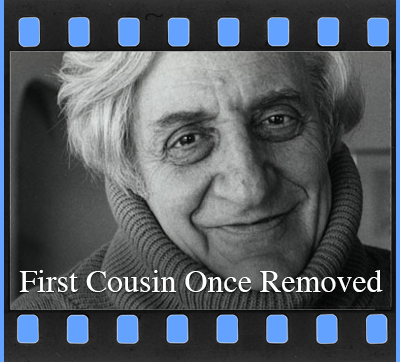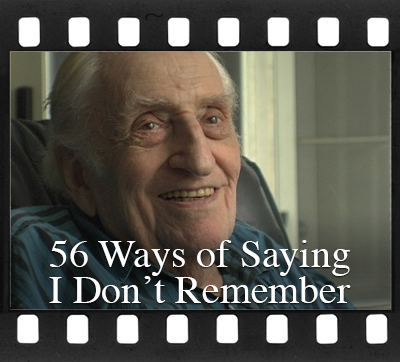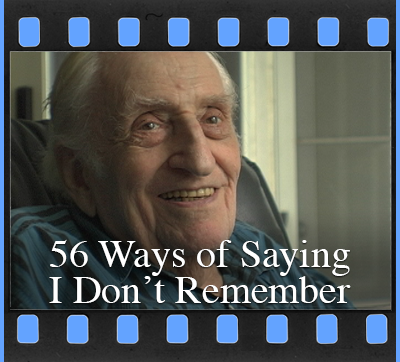WIDE AWAKE
Can't Sleep? Watch Alan Berliner's Insomnia Documentary
By Troy Patterson
Slate.com
May 22 2007
Director Alan Berliner's Wide Awake (HBO, Wednesday at 8 p.m. ET) is possibly a minor masterpiece of documentary impressionism, possibly an indulgently punchy memoir, probably both.
For sure, its ideal viewer meets the following conditions: 1) A turkey sandwich and half a glass of milk in front of you, you come across it on a channel somewhat more obscure than Home Box Office at 3:38 a.m. 2) You drift for a while between its idiosyncratic grasp and the smooth arms of Morpheus; next thing you know, the damn sparrows are trilling. 3) Years pass, and, though you remember the movie fondly and often, you cannot remember its title and begin to suspect that it was a mere figment of an REM cycle. 4) You find it on TV, half a decade later, on the set in your in-laws' living room, once again, exactly at 3:38 a.m. Weird and wonderfully, Wide Awake really earns its subtitle—Portrait of an Artist as Insomniac.
In the main, the film slips between the lyrical and the epic—the filmmaker's wee-hour monologues can sound like poems of the New York School, and he exhaustively visits a squadron of doctors in his quest for some shut-eye—but the doc opens with a dream narrative. "There was a global campaign to find a cure for jet lag," he says in the weary tones of a patient nebbish, going on to explain that the greatest minds of Western science were meeting for a conference. For visuals, here as elsewhere, Berliner turns to a personal archive jammed with silvery slips from vintage Hollywood, Cold War instructional films, endearingly scratchy home movies, and stock footage of darling cheesiness. As Berliner sets up the story about Alfred E. and Copernicus and Jonas Salk convening for a panel, we see gentlemen and ladies in lab coats attend to frothing beakers.
"Finally," the narrative goes, "Einstein got up on the stage and said, 'There is no cure for jet lag. You just suffer.' And I don't know what got into me, but I stood up from the back row and screamed, 'But Professor Einstein! What about someone who feels jet-lagged in their own time zone?,' and he said, 'Alan … science doesn't even know why we sleep. Now get out of here, go home, and work on your film.' "
Work he did—often in the dead of night, as he tells us—and in a way that effortlessly blends art with kitsch, and the intimately particular with the groaningly universal, as he investigates his conscience, his consciousness, and his family. He evokes the misery of insomnia in a delightfully playful way: The movie's tone and structure are thoroughly sleepless—the hazy structural loops, the blaring caffeine jags, the impish fridge-light pranks. When a doctor he's interviewing mentions that yawning is unquestionably infectious, Berliner asks, "So what would happen if I created a sequence in my film of several people in a row yawning?" He then shows us such a sequence, writing an answer to his own question on the viewer's body.
Elsewhere, the Einstein dream leads to a campy-cute bedtime montage—the click and click and click of light switches in black-and-white movies—that segues into the tauntingly metronomic tick-tick-tick of Berliner's bedside clock. (That tick keeps returning—the pulse of the movie, or maybe just the sound of Berliner's own pulse in his carotid artery, the sound of his sleeplessness, a noise he likens to the tap of a woodpecker.) We then watch the filmmaker toss and turn, viewed from a camera mounted above his bed. His wife has their first baby on the way, so that provides some fodder for an unquiet mind: Fitful squirming about nursery-school admissions is par for the course in certain parts of New York City, but Berliner's commitment to his art means he's got an extra layer of worry: "Shooting [the delivery] would be better for the film," he says in voice-over, "but how can I watch the birth of my child through a lens?"
Wide Awake is hardly perfect. Berliner sometimes seems too fatigued to polish cheap lines—"My biological clock needs to go to the repair shop"—and he can be rather too credulous about the loose talk of the experts he consults. One M.D. quotes a magazine interview in which William Jefferson Clinton "acknowledged" that he made his every major mistake when sleep-derived. Zzz, and yet—whatever. Berliner can sleep soundly, or not, knowing that he's created a wonderful midnight movie.
Visit Slate.
- ◻ SYNOPSIS
- ◻ DIRECTOR'S STATEMENT
- ◻ FESTIVALS & SCREENINGS
- ◻ CREDITS
- ◻ SELECTED REVIEWS
- ◻ PRESS QUOTES
- ◻ POV INTERVIEW
- ◻ VIEW CLIPS
- ◻ NY SUN REVIEW
- ✓ SLATE REVIEW
- ◻ HBO TRAILER
- ◻ PHOTOS
